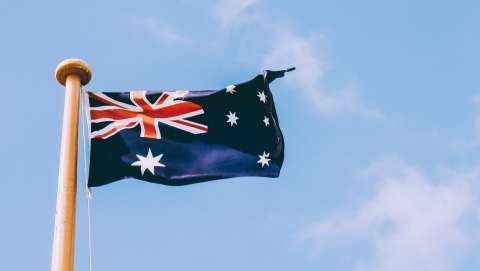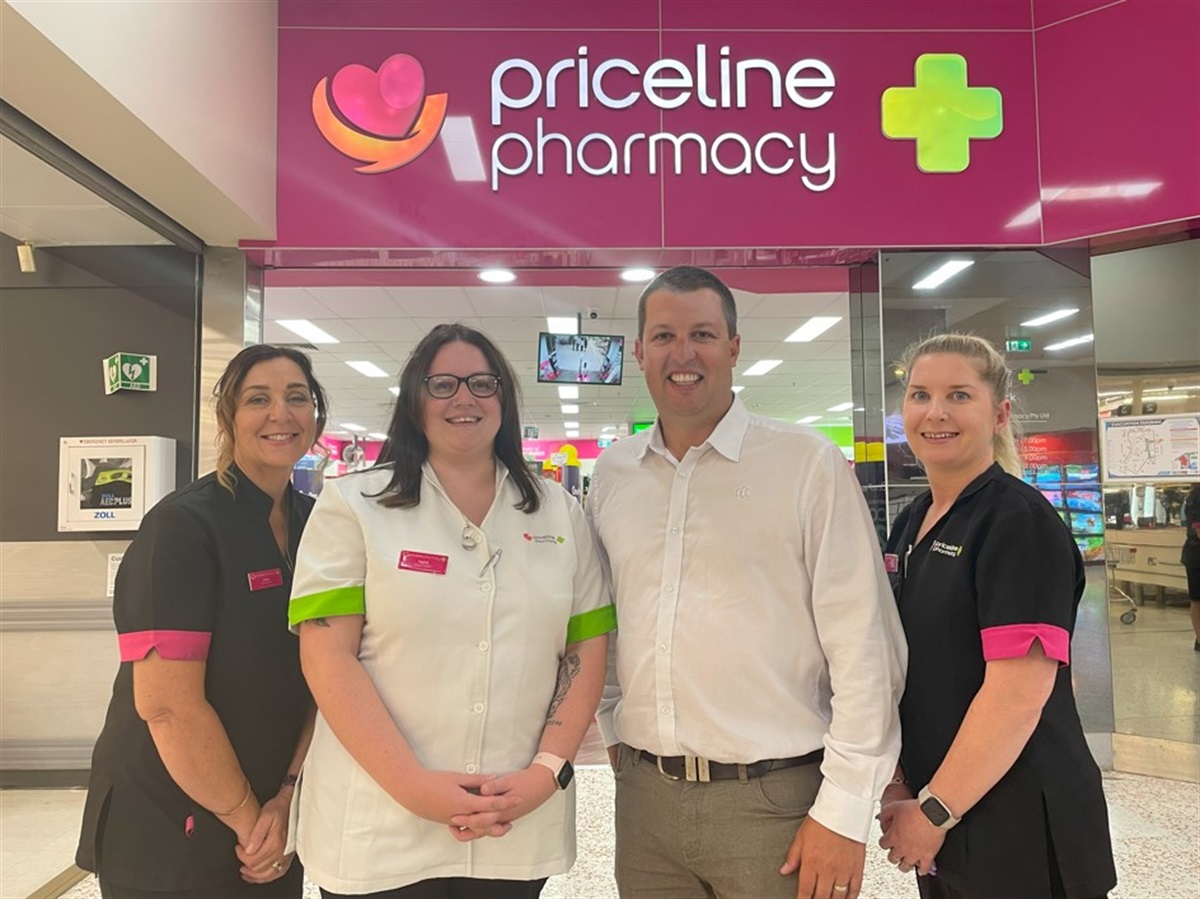With most people stuck at home and sugary treats one of our few indulgences in the absence of parties and restaurant meals, the Australian Dental Association is urging people to look after their teeth even more carefully over Easter and throughout COVID-19.
“Because of the current restrictions in force on general dental treatment including regular preventative care such as check-ups and hygiene treatments,” explained ADA President Dr Carmelo Bonanno, “people need to be very mindful of what they eat.
“This especially relates to their sugar intake both over the Easter break and during COVID-19, which could be with us for some time to come.”
Most Australian adults typically consume the equivalent of 16 teaspoons of sugar a day, and yet the WHO recommends just 6 teaspoons (24g) a day.
“While we don’t want to stop the Easter fun, the best advice a dentist can give is to eat your chocolate over a short period this Easter, rather than graze to reduce the harm sugar does to your teeth.
“Every time you eat sugar, it feeds bacteria which create acid, breaking down the tooth enamel and causing decay. Doing this repeatedly over a few days or throughout Easter week is compounding.
“So limit your indulgences to Easter Sunday and give your mouth a break from sugar after that so the sugar isn’t continually hanging around in your mouth, causing more decay,” he advises.
Don’t dice with your oral health
With around 70% of kids consuming too much sugar and a third of children aged five to ten having untreated tooth decay, here are the ADA’s other tips to minimise the harm of sugary indulgences, whatever your age:
– eat sugary treats immediately after a meal as the saliva produced to help digest meals can also cleanse and buffer the mouth pH from acids caused by food and drink;
– go for chocolate over candy. It leaves less residue, and contains the protein casein, which creates a protective film over the tooth’s enamel surface, reducing risk of decay;
– chew sugar-free gum to stimulate saliva after meals;
– rinse your mouth with water after eating anything sugary to help neutralize acid attacks;
– spit your toothpaste out after brushing but don’t rinse, so you’re leaving fluoride residue around your teeth;
– after you brush, run your tongue over the surface of your mouth. If you encounter any areas that are furry or still feel unclean, go back and re-brush them;
– practice judicious eating — avoid hard biscuits, nuts and chewing ice,
– and of course brush your teeth twice a day and floss daily.
“With so many people working and studying from home, lack of time is no longer an excuse not to give your teeth a really good brush,” said Dr Bonanno.
For those needing a dentist either over Easter or at any time during the COVID-19 pandemic, the ADA has updated its Find a Dentist function on its website to help people find dentists still providing emergency services.
Patients with existing dental appointments should contact their dentist to confirm whether the appointment can proceed or needs to be postponed. Patients with a dental emergency should call their dentist to seek advice before attending the practice.
You may be able to be treated at your usual surgery, where infection control procedures remain stringent.








